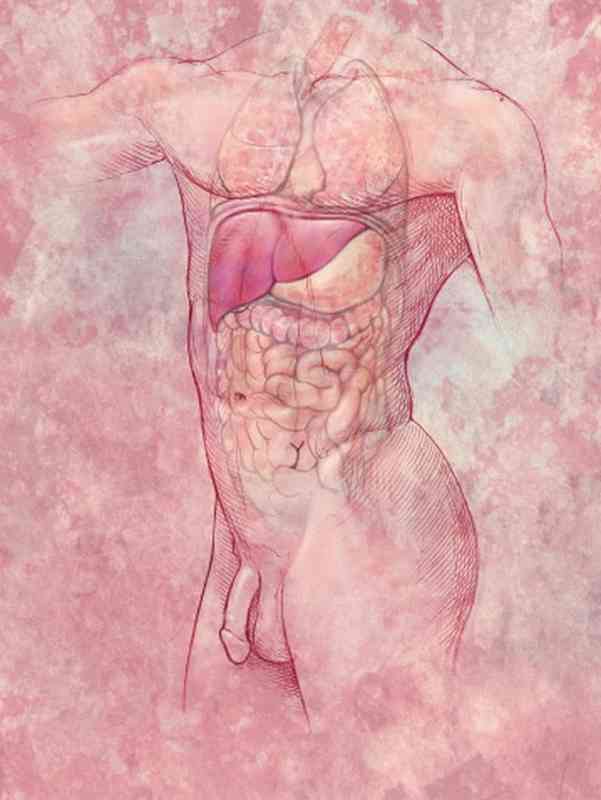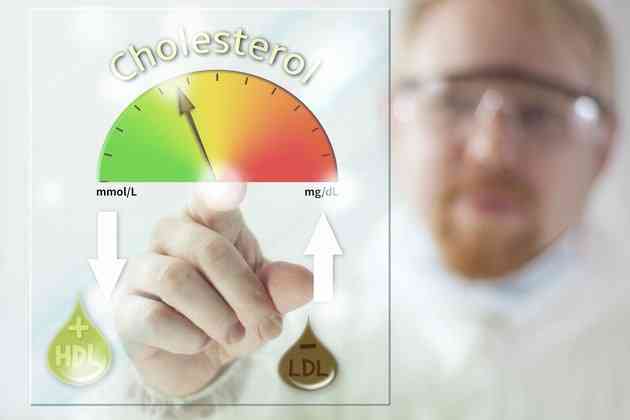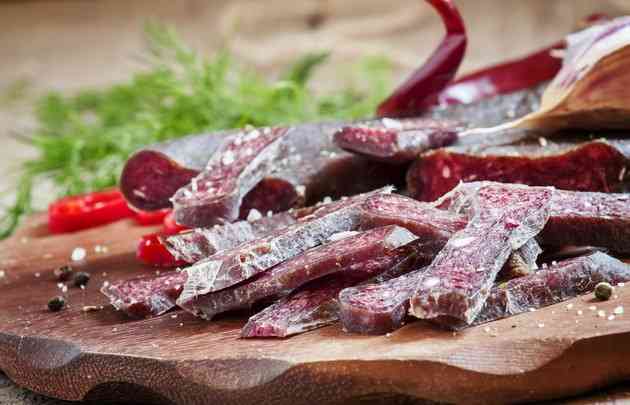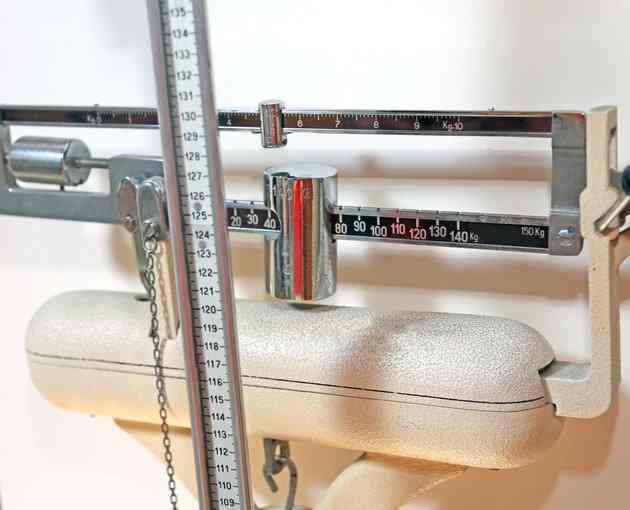Cholesterol Drugs That Don't Damage the Liver

High cholesterol is one of the leading risk factors for developing heart disease which is the leading cause of death among adults in the United States. Fortunately your risk can be decreased by simply lowering your overall cholesterol level. Drug therapy is a major player in the fight against heart disease and there are many cholesterol-lowering medications at your doctor's disposal -- each with its own set of of adverse reactions. The first line class of medications -- the statins pose the greatest risk of damage to the liver. Some of the other classes of cholesterol-lowering medications are less likely to affect your liver.

Ezetimibe
Ezetimibe -- marketed under the trade name Zetia, effectively lowers your cholesterol without harming your liver as long as it's not taken in combination with another cholesterol lowering medication called fenofibrate. When combined with fenofibrate, the risk for liver damage with Zetia goes up. Avoid this combination or have your liver function monitored by your physician while taking them.
Cholestyramine Resin
Cholestyramine resin -- marketed as Questran, Questran Light, and Prevlite is a member of the cholesterol-lowering class of drugs called bile acid sequestrants. These agents work by binding to bile acids -- carriers of the bad cholesterol, LDL and forming a complex that cannot be absorbed which results in the excretion of cholesterol from the body. It is available in a powder form and is usually mixed with a liquid and drank. They have no adverse effects on the liver but may cause stomach pain, constipation, bloating, nausea, vomiting, heartburn and belching.
Colesevelam
Colesevelam is marketed under the trade name Welchol. It is also a bile acid sequestrant with no adverse effects on the liver. Available as a tablet, it may be used alone or in combination with a statin. Compliance may be an issue because you have to take six tablets a day. Side effects you may experience include constipation and indigestion.
Colestipol
Colestipol is another bile acid sequestrant with no adverse effects on the liver. It's brand name is Colestid and it is available as a 1g tablet. The usual daily dose is two to eight tablets a day given 1 to 2 times a day. This high daily tablet count may decrease your adherence to the regimen. Side effects associated with colestipol include constipation, abdominal pain, belching and possible fecal impaction. It also affects the absorption of vitamins A, D, E and folic acid. Supplement your diet with a multivitamin to mitigate this effect.




